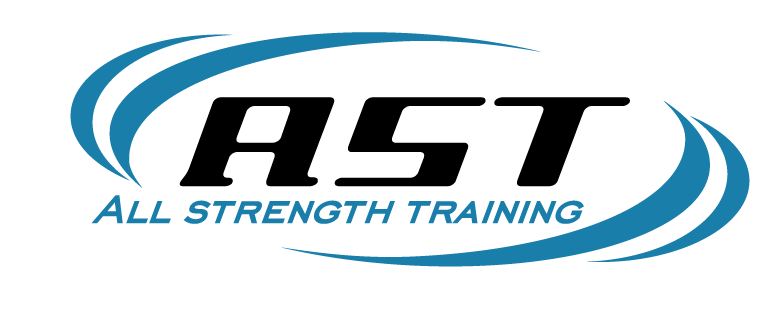Altitude Training at Sea Level
Those of you who have been in the garage at AST in the last few weeks may have seen me pushing the Prowler while wearing a mask that, upon first glance, might look more appropriate on the set of Pulp Fiction than in the gym. Lifestyle preferences aside, there is actually a significant cardiovascular benefit to using such a mask, called an altitude training mask. In mixed martial arts and other combat sports, athletes have regularly used high altitude training to take their performance to the next level.

Going into the mountains and training at higher elevations has been a favorite training tool for years, not only for the seclusion and ability to focus on an upcoming event, but from the physical changes made in the body and the blood from training in the thin air of the mountains. Then, when the athlete returns to their regular elevation they find that they are stronger and faster for longer. One explanation is that the lack of oxygen forces the body to produce more red blood cells, which are the body’s primary way of delivering oxygen to muscle and other tissues.
So how does this “freak” mask help bring these gains without having to move to the Alps? The mask helps by creating pulmonary resistance, in other words limiting the flow of oxygen through the mask and forcing the body to increase RBC production to adapt.
In the short time that I have used the mask I have noticed that when in training (sparring, conditioning, weight training, etc.), I’m subconsciously slowing down my breath and I have been able to last a lot longer, with more productive training sessions. This is important to me because as an MMA fighter, my sport is all about maintaining speed and power longer than the other guy.
High altitude training has also been shown to help those with asthma, since asthma tends to force hyperventilation, and using the training mask requires slowing down breathing and increasing use of the diaphragm muscles. There is benefit for all types of endurance sports, including running, cycling, triathlon competition and others. So strap on your “gas mask” and get to work!
